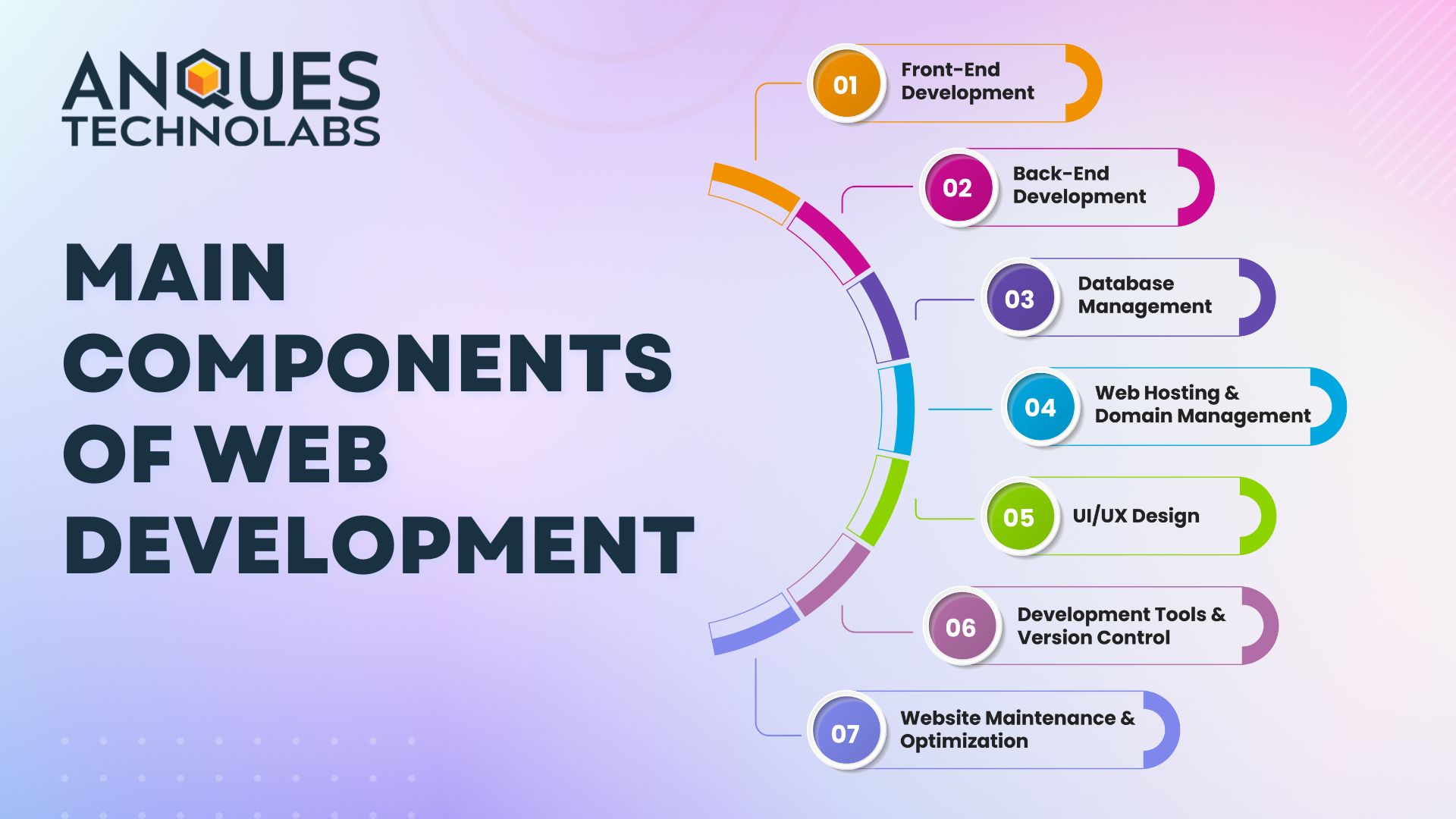Custom Vs Template Websites are a crucial decision when building your online presence. A website is the digital storefront of your business, and whether you’re launching a new one or redesigning an existing one, choosing between a custom or template website can impact your long-term success.
What is a Custom Website?
When comparing Custom Vs Template Websites, a custom website is built from scratch, designed specifically to meet your unique business requirements. This type of website is tailored to your branding, functionality, and user experience needs.
Pros of Custom Websites:
- Unique Design: A custom website ensures your business stands out with a one-of-a-kind look and feel.
- Scalability: Designed to grow with your business, making future enhancements easier.
- SEO Optimization: Custom websites allow better on-page SEO implementation for improved search rankings.
- Tailored User Experience: You can optimize navigation, performance, and features according to your audience’s needs.
- Higher Security: Custom websites can have enhanced security features to protect data and prevent cyber threats.
Cons of Custom Websites:
- Higher Cost: Custom development requires more investment compared to template websites.
- Longer Development Time: It takes time to design, develop, and test a website from scratch.
- Requires Ongoing Maintenance: A custom website may need continuous updates and maintenance to ensure smooth operation.
What is a Template Website?
A template website is built using pre-designed website themes or frameworks. These templates come with predefined layouts and features that can be customized to a certain extent.
Pros of Template Websites:
- Cost-Effective: Significantly more affordable than custom-built websites.
- Faster Development: A website can be launched quickly using a template.
- User-Friendly: Many templates are designed for easy customization with drag-and-drop builders.
- Pre-Built Features: Comes with standard features like contact forms, galleries, and blog sections.
Cons of Template Websites:
- Limited Customization: You may not be able to modify certain aspects of the design and functionality.
- Lack of Uniqueness: Many businesses might use the same template, making it less distinctive.
- Scalability Issues: Limited flexibility in adding advanced features as your business grows.
- Potential SEO Limitations: Some template websites may have code bloat, which can affect website performance and SEO.
Which One is Right for Your Business?
Deciding between Custom Vs Template Websites depends on your budget, goals, and scalability needs.

1. Budget
Template Websites:
-
Template-based websites are a budget-friendly option, as they come with pre-designed layouts and require minimal development work.
-
Costs typically include purchasing a template, domain, hosting, and minor customizations.
-
Platforms like WordPress, Wix, and Shopify offer affordable templates, making them ideal for startups or small businesses with tight budgets.
Custom Websites:
-
Custom websites require a higher investment since they are built from scratch to meet specific business needs.
-
Costs include web design, development, testing, security, and ongoing maintenance.
-
Best suited for businesses that require a unique online presence and advanced functionalities.

2. Business Goals
Template Websites:
-
Ideal for businesses that need a simple, functional website without complex features.
-
Limited customization options can restrict brand uniqueness and advanced functionalities.
-
Suitable for small businesses, freelancers, or startups that need an online presence quickly.
Custom Websites:
-
Designed from scratch to reflect a unique brand identity and user experience.
-
Offers unlimited customization options, including custom features, third-party integrations, and scalability.
-
Suitable for enterprises, eCommerce stores, or service providers requiring advanced functionality, such as booking systems, payment gateways, and AI-powered interactions.

3. Time Constraints
Template Websites:
-
Ready-made templates allow businesses to launch a website within days or weeks.
-
Easy drag-and-drop editors and pre-built features speed up the development process.
-
Great for businesses that need an online presence quickly without waiting for custom development.
Custom Websites:
-
Requires a longer development time, usually weeks or months, depending on complexity.
-
Involves multiple stages, including planning, design, development, testing, and deployment.
-
Ideal for businesses that prioritize quality, uniqueness, and long-term strategy over speed.

4. Future Growth Plans
Template Websites:
-
Limited scalability, making them less ideal for businesses planning rapid expansion.
-
Customization restrictions may lead to performance issues as businesses grow.
-
Suitable for small-scale businesses with minimal expansion needs.
Custom Websites:
-
Built to scale as business needs grow, supporting increased traffic, advanced features, and integrations.
-
Easily adaptable to new technologies and business changes.
-
Best choice for businesses planning long-term digital growth and advanced user engagement strategies.
Final Verdict: Which One Should You Choose?
-
-
If you have a limited budget and need a simple website quickly, a template website is the best choice.
-
If you require a unique design, advanced features, and long-term scalability, a custom website is the better investment.
-
Conclusion
- Both custom vs template websites have their place in the digital world. If you’re a startup or a small business with budget constraints, a template website can be a good starting point. However, if you’re aiming for a unique online presence and long-term growth, investing in a custom website will provide better returns.
- At Anques Technolabs, we specialize in both Custom Vs Template Websites, helping businesses choose the right solution. Contact us today to build a website that aligns perfectly with your business goals.
FAQs
1. What is the difference between a custom Vs template website?
A custom website is uniquely designed and developed from scratch to match your brand and functionality needs. A template website uses pre-made designs and features that allow for limited customization.
2. Which is better for SEO, a custom Vs template website?
A custom website is generally better for SEO since it allows for optimized coding, faster performance, and better on-page SEO implementation compared to many template websites that may have code bloat.
3. How much does a custom website cost compared to a template website?
The cost of a custom website varies based on complexity and features, but it is usually higher than a template website, which is more budget-friendly.
4. Can a template website be customized?
Yes, but only to a certain extent. Template websites have pre-defined structures, and significant modifications might not be possible without additional coding.
5. Is a template website a good option for a startup?
Yes, a template website is a cost-effective and quick solution for startups looking to establish an online presence. However, as the business grows, upgrading to a custom website might be beneficial.

















